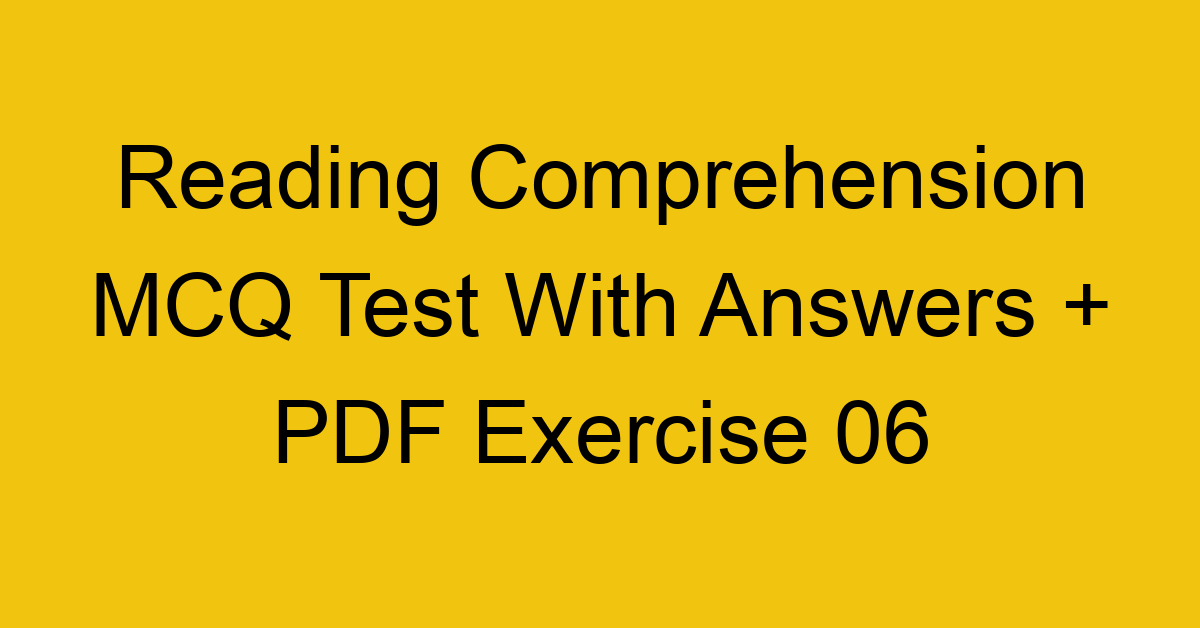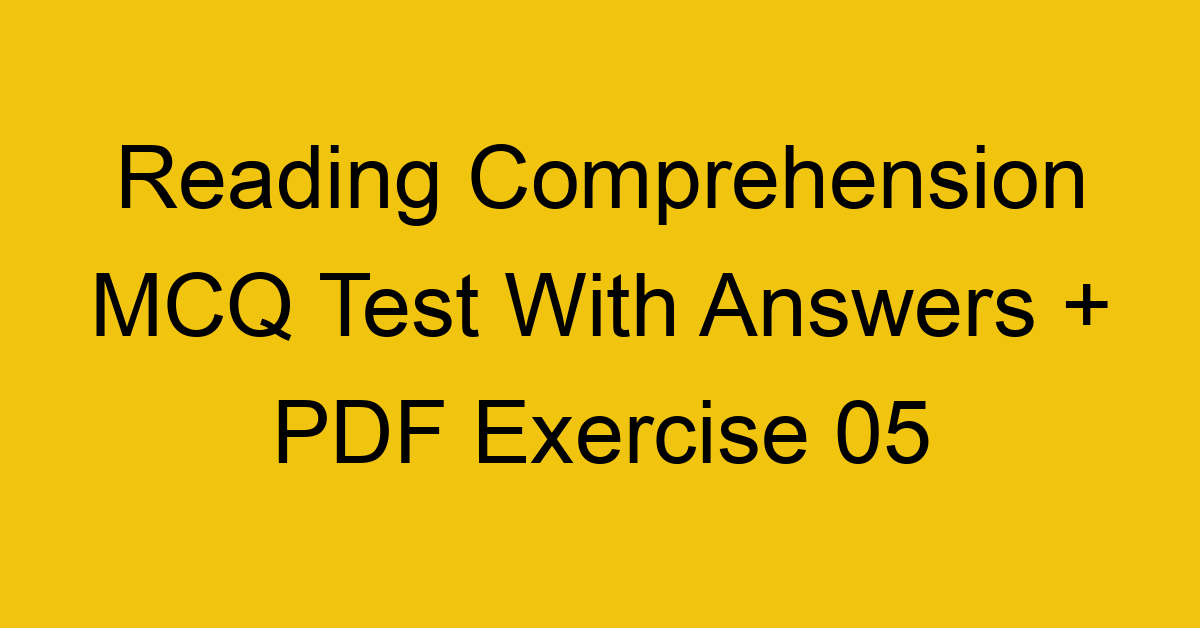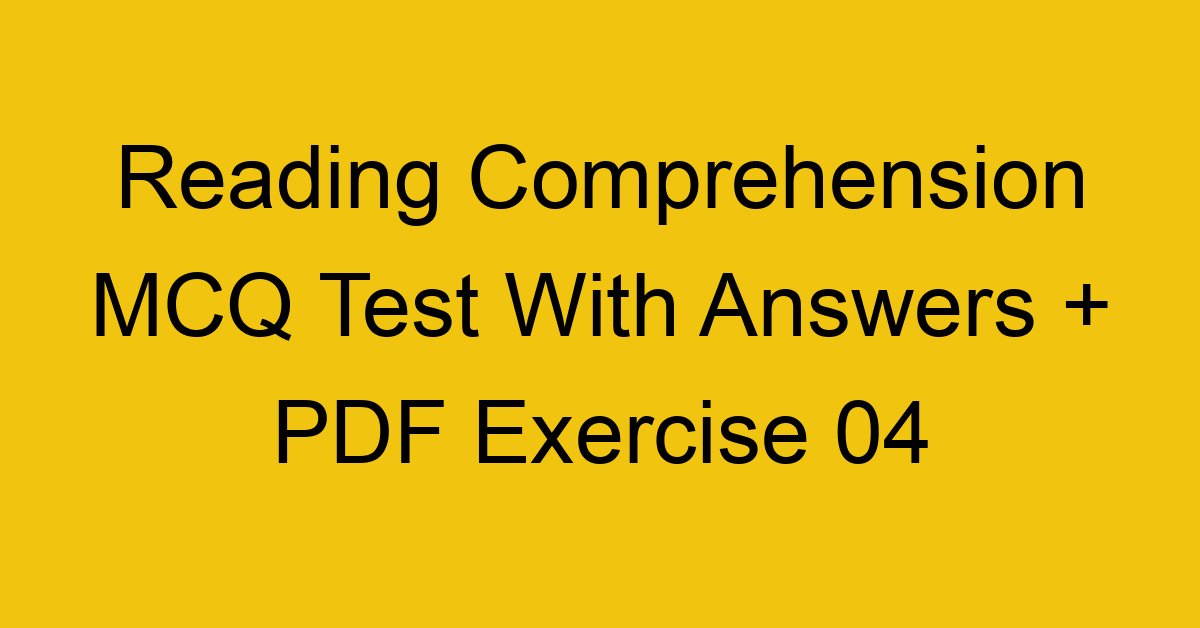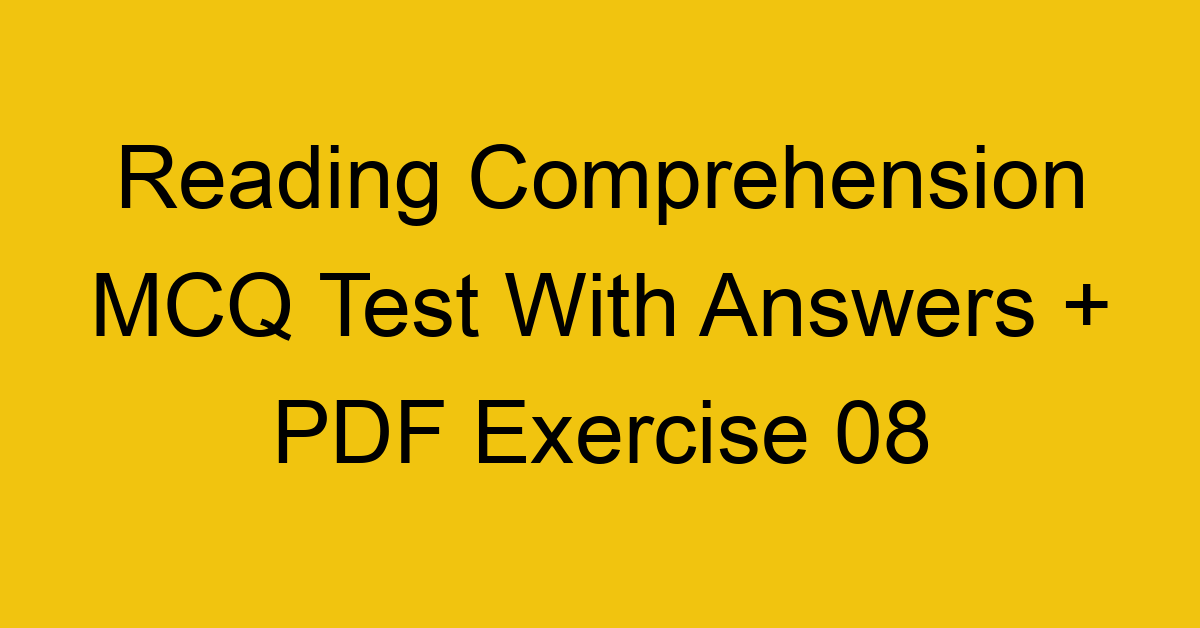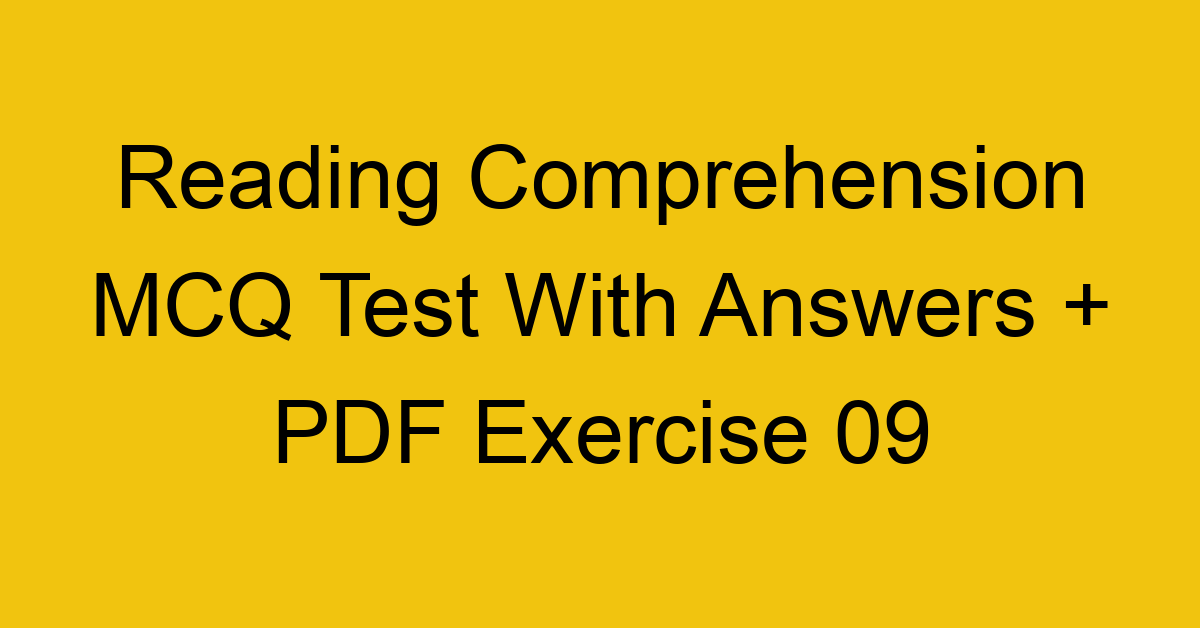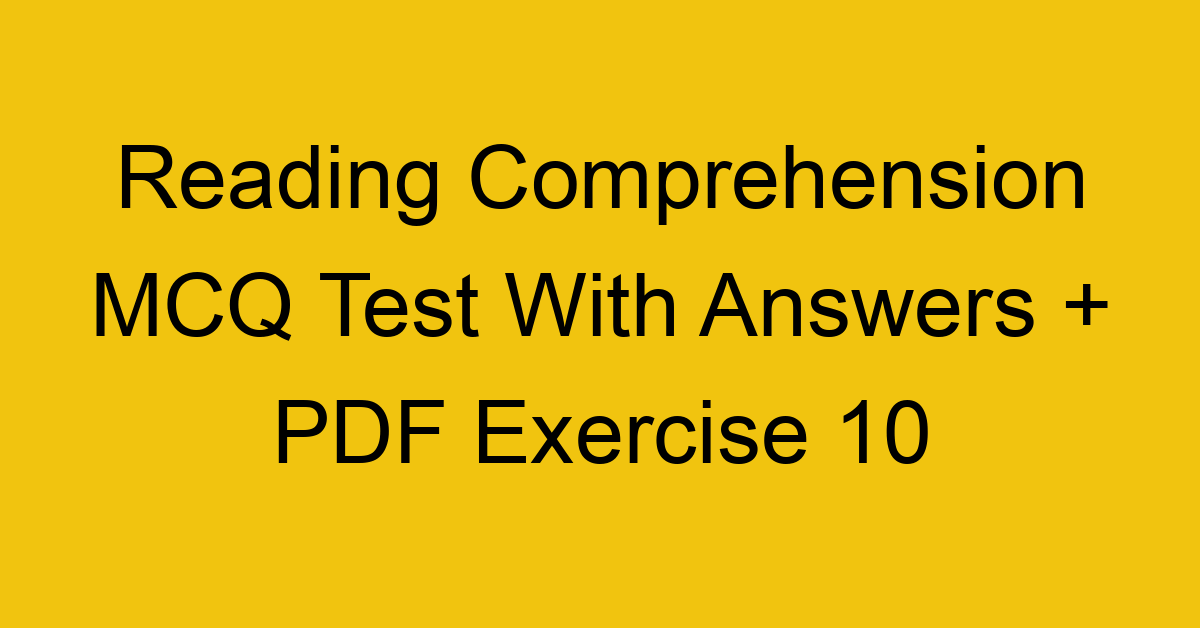Reading Comprehension Test 07
Question 1 |
(Please note: The following questions are related to a specific reading passage, available solely before the first question. Remember, referring back to the reading text while answering the questions may be helpful to ensure accuracy.)
‘Cut your coat to suit your cloth.’ is an old English proverb. Obviously, it isn’t really talking about coats but is advising us to be content with what we have. It’s a good proverb because many people want what they cannot have, which makes them discontented. Therefore, they don’t enjoy the things they do have.
This proverb _____.
A | teaches us the real meaning of happiness |
B | makes greed seem attractive |
C | wants people to be discontented |
D | is not very well known in England |
E | shows us the importance of money |
Question 2 |
People are happy _____.
A | if they are rich |
B | unless they are badly dressed |
C | because the proverb tells them to be |
D | as long as they are satisfied with the things they have |
E | when they can learn from proverbs |
Question 3 |
The passage suggests that _____.
A | everyone is equally happy |
B | a lot of people who should be happy are not |
C | happiness depends upon possessions |
D | proverbs are really useless |
E | one should work hard to earn more |
Question 4 |
“James and I set off an hour before sunset when it was getting cooler and the shadows were long. We took it in turns to row the little boat and moved slowly, following the edge of the lake, and looking rather lazily about us for fish. We had no intention of catching any, but it was pleasant to watch them swim so close to us.”
In this passage, _____.
A | we are told about the adventures of a couple fishing in a lake |
B | the writer expresses a feeling of contentment |
C | the writer describes the pleasure of catching fish at dawn |
D | the writer’s intention is to describe the movements of fish in a lake. |
E | we see that the two friends are interested in catching a special kind of fish |
Question 5 |
The two friends _____.
A | woke up early and went fishing |
B | got in their boat and rowed across the lake |
C | were too lazy to row the boat together |
D | took the boat out to enjoy themselves rather than to catch fish |
E | stayed out in their boat until it was dark |
Question 6 |
The writer and his friend enjoyed _____.
A | catching fish after it was dark. |
B | fishing late in the afternoon on a cool day |
C | watching the setting of the sun on the lake |
D | rowing together when the sun was setting |
E | observing the movements of fish around their boat |
Question 7 |
“John Fuller has really surprised us all. At school, he seemed such a boring and ordinary boy. As far as I can remember, he made no close friends. I don’t think we actually disliked him, but we certainly ignored him. I would really like to meet him again now. It’s clear from his wonderful films that he must be a most interesting man.”
The writer _____.
A | is now one of John Fuller’s close friends |
B | knew John Fuller would be a great man |
C | has always been jealous of John Fuller |
D | was at school with John Fuller |
E | still believes that John Fuller has not changed at all |
Question 8 |
The writer was surprised _____.
A | that John Fuller was no longer interested in him |
B | to see how John Fuller had changed over the years |
C | when he met his old school friend John Fuller |
D | to learn that John Fuller had become rich by making films |
E | to find that at school John Fuller had always hated him |
Question 9 |
Which of the following TITLES would be suitable for this passage?
A | An Unexpected Meeting |
B | John Fuller’s Films |
C | No Longer Ordinary |
D | My Best Friend |
E | John Fuller: A Failure In Life |
Question 10 |
Mr. Smith made a mistake when he gave his son, Tom, a camera. Soon, Tom became so interested in photography that he began to neglect his schoolwork. A large part of his conversation soon revolved around photographs. When the newspapers arrived, he examined the photographs first and critiqued them before starting to read the news.
Mr Smith gave his son a camera _____.
A | because he had started to work for a newspaper |
B | before he was particularly interested in photography |
C | as a reward for working well at school |
D | so that he would work harder at school |
E | lest he neglected his lessons |
Question 11 |
After he was given the camera, Tom _____.
A | stopped reading the newspapers |
B | only read about the pictures in the newspapers |
C | spent a lot of time on his homework |
D | became one of the best students in his class |
E | began to give much more time to photography than to his lessons |
Question 12 |
Tom _____.
A | read the news first and then examined the photographs |
B | always talked about his camera |
C | talked about photography more than anything else |
D | usually took beautiful pictures |
E | had his pictures published in the newspapers |
Question 13 |
Leslie comes from a big city. During the holiday, she went to spend a week on her uncle’s farm. It was her first visit there. Her uncle, who was very pleased to see his niece, did his best to make her stay an enjoyable one. On the farm, she rode a horse, fed chickens, ran in the fields, and ate fruit fresh from the trees. She enjoyed her holiday so much that when the day for her to return to the city came, she was very sad to leave.
Leslie's _____.
A | holiday lasted for a week |
B | parents often sent her to the farm |
C | uncle left the farm and went to the city |
D | greatest pleasure was to ride a horse |
E | life on the farm was a very sad one |
Question 14 |
Leslie _____.
A | hated the animals on the farm |
B | visited her uncle’s farm once a week |
C | thought life on the farm was extremely hard |
D | thoroughly enjoyed her holiday on the farm |
E | worked for her uncle on the farm |
Question 15 |
Which of the following is the most suitable TITLE for this passage?
A | Horses and Chickens |
B | A Different Sort of Life |
C | Longing for the City |
D | An Uncle and His Spoiled Niece |
E | An Unpleasant Holiday |
⇦ |
List |
⇨ |
| 1 | 2 | 3 | 4 | 5 |
| 6 | 7 | 8 | 9 | 10 |
| 11 | 12 | 13 | 14 | 15 |
| End |

